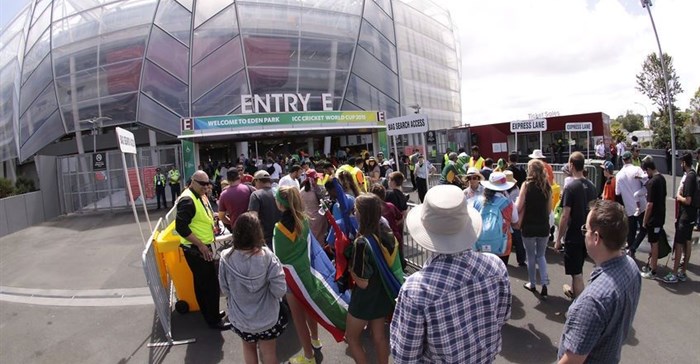The role of events on tourism

The hosting of significant events in a city, region or nation, therefore presents a unique opportunity to rethink or reposition the destination. It’s for this very reason that many countries view the successful hosting of events as a vehicle for growth, and that tourism bodies are devoting resources to attracting and supporting major events as part of a broader strategy.
We have just witnessed this in action with the recent Ironman 70.3 World Championships, held in Nelson Mandela Bay. Worldwide coverage of our city, its people and all it has to offer has magnificent measurable and immeasurable results that last long after the event is over. The celebration of creating experiences can outlast any individual event.
The four major event groups that drive large-scale international tourism are:
Niche events that have close links to the host destination, such as the arts, food and drink and sport.
Participatory sports events, as mentioned above, the Ironman 70.3 World Championships. Such ‘destination’ events attract thousands of competitors from outside the host country, most of whom bring multiple people with them (spouses, friends, family) and often extend their event-related stay into a holiday.
Signature cultural have an international reputation as a ‘must see’ and include, events such as South by South West (SXSW) in Austin, Texas, Sonar festival in Barcelona, White Nights in Melbourne, or the Edinburgh Fringe Festival and Hogmanay, in Scotland.
International sports events, not only bring in large numbers of participants and spectators but also achieve worldwide media coverage which plays a significant role in raising a destination’s profile.
Aligning tourism and major events strategies to promote tourism growth
Events are high-value tourism attractions: they act as catalysts to change and image-makers for business (conventions, trade shows, etc.) and leisure travel (sports events and cultural festivals, etc.). The close links between major events and tourism are clear to see, which is why many cities, regions and countries have identified event tourism as a priority within long-term tourism strategies.
There's a lot South Africa can learn from other nations and their strategy regarding events and tourism. For example, the Canadian government has had a sport hosting policy in place since 1983 because it recognises the social, cultural, economic, community, and sporting benefits derived from hosting international sports events. This proactive, strategic and coordinated approach to bidding and hosting allows the maximum benefits for Canadians to be realised.
In Ireland, a great example of a cultural event is the St. Patrick’s Festival in Dublin where thousands of overseas visitors descend on the city, and The Gathering Ireland is an excellent example of the power of the Irish tourism product that combines people and place; the event has over 5,000 community or family gatherings which collectively attract an estimated 275,000 people. And it doesn’t stop there, the Irish 2015 strategy, People, Place and Policy: Growing Tourism to 2025, identifies events as one of four areas of focus to create international desire to travel and meet in Ireland.
When Australia and New Zealand jointly hosted the Cricket World Cup 2015, high level of government input to deliver the tournament required considerable communication and cooperation between the Australian Federal Government and the New Zealand Government. The effective collaboration allowed for a streamlined visa and customs process making entry to both countries efficient for international visitors.
It’s clear that government support and involvement needs to exist for events, no matter the size, to benefit the tourism sector. Yes, the elements which make a destination attractive need to be there: the natural 'factors' (natural resources such as beaches, climate, etc.) and created ‘factors' (such as cultural attractions, events, etc.). But increasingly, destinations are restructuring its tourism industry, and are developing innovative products and taking an innovative approach to marketing to compete with other possible host cities.
Events have a role to play in enhancing destination attractiveness and competitiveness because they add to the mix of attractions, but equally, this highlights that events can only strengthen destination attractiveness with the support of quality event-specific and supporting infrastructure, and effective marketing and promotion.
Creating connected experiences at events makes sense beyond the event – it makes sense economically for all.












